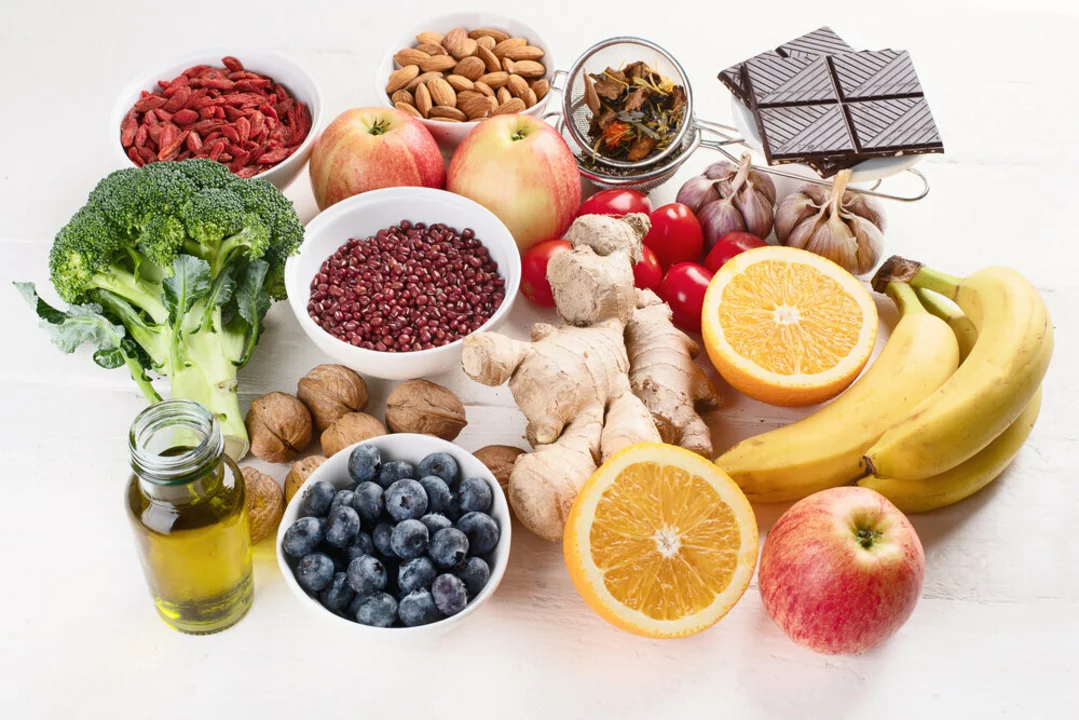In my latest blog post, I explore the incredible benefits of Groundsel, a natural remedy that can boost your immune system and improve digestion. Groundsel is a powerful herb that has been used for centuries to support overall health and well-being. Not only does it strengthen our immune system, but it also aids in digestion by promoting healthy gut bacteria. I dive into the science behind this amazing plant and share tips on how to incorporate it into your daily routine. Don't miss out on discovering the Groundsel advantage and how it can help you lead a healthier lifestyle!
Groundsel: What It Is, What It Does, and Why You Should Be Careful
Groundsel is a common wild herb found in fields, roadsides, and neglected lawns. People used it in folk medicine for wound care, coughs, and stomach upsets, but traditional use does not prove safety. Several groundsel species contain pyrrolizidine alkaloids (PAs), chemicals that can harm the liver and cause long term health issues. Some reports link chronic PA exposure to liver failure and increased cancer risk. That makes caution more than a suggestion.
If you are curious about trying groundsel, know that strong human evidence for benefits is missing. Most positive effects come from old recipes or animal experiments, not modern clinical trials. The real concern is inconsistent alkaloid levels between plants, seasons, and harvest locations. One batch might have low PA levels while another contains dangerous amounts. That unpredictability raises the risk of accidental poisoning.
How people use groundsel and safer options
Topical use is sometimes offered as a lower risk option, but even skin application can cause irritation or allergic reactions. Oral use carries the highest risk and is the least advised. If you need an herb for inflammation or mild wound support, safer options exist. Our site covers cup plant and Red Spur Valerian, which have clearer safety profiles when used correctly. For respiratory support, see our herbal bronchodilators article to compare evidence and risks.
Practical buying and safety rules
Buying herbs? Buy only from suppliers that publish third party lab tests showing PA levels. Avoid vague listings and wild‑harvested bulk mixes without testing. Pharmaceutical grade supplements and established herbal brands are more likely to screen for contaminants. Never mix potential PA‑containing herbs with alcohol or liver stressing drugs like acetaminophen, certain antibiotics, or statins.
Who should avoid groundsel entirely? Pregnant and breastfeeding people, children, and anyone with liver disease should not use it. If you already used a product that might contain groundsel and then develop jaundice, dark urine, nausea, abdominal pain, or unexplained fatigue, see a doctor right away and mention herbal exposure. Ask for liver function tests if symptoms suggest liver stress.
Dosing guidance is unreliable for groundsel because alkaloid content varies wildly. That makes standard dosing unsafe. Don’t assume small amounts are harmless. For topical products, follow label instructions and stop using them if redness, itching, or other irritation appears.
Want safer choices? Look for herbs with transparent testing and clinical support. Read our related posts for alternatives, safety tips, and trusted buying advice. If you need help assessing a product, contact a pharmacist or use our site contact page to ask specific questions. Being cautious keeps you safer than following folk recipes that sound appealing but carry hidden risks.
Regulators in many countries warn about pyrrolizidine alkaloids and some manufacturers now remove PA‑containing plants from supplements. If a product claims to be PA‑free, ask for the lab report and batch number. For herbal blends, check each ingredient. When in doubt, choose single‑ingredient, tested products or skip the herb. Your pharmacist can often verify safety faster than a forum or seller alone. Always.

